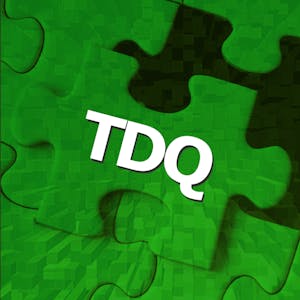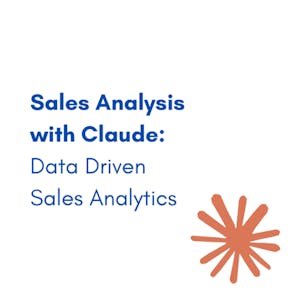The Total Data Quality Framework
About this Course
By the end of this first course in the Total Data Quality specialization, learners will be able to: 1. Identify the essential differences between designed and gathered data and summarize the key dimensions of the Total Data Quality (TDQ) Framework; 2. Define the three measurement dimensions of the Total Data Quality framework, and describe potential threats to data quality along each of these dimensions for both gathered and designed data; 3. Define the three representation dimensions of the Total Data Quality framework, and describe potential threats to data quality along each of these dimensions for both gathered and designed data; and 4. Describe why data analysis defines an important dimension of the Total Data Quality framework, and summarize potential threats to the overall quality of an analysis plan for designed and/or gathered data. This specialization as a whole aims to explore the Total Data Quality framework in depth and provide learners with more information about the detailed evaluation of total data quality that needs to happen prior to data analysis. The goal is for learners to incorporate evaluations of data quality into their process as a critical component for all projects. We sincerely hope to disseminate knowledge about total data quality to all learners, such as data scientists and quantitative analysts, who have not had sufficient training in the initial steps of the data science process that focus on data collection and evaluation of data quality. We feel that extensive knowledge of data science techniques and statistical analysis procedures will not help a quantitative research study if the data collected/gathered are not of sufficiently high quality. This specialization will focus on the essential first steps in any type of scientific investigation using data: either generating or gathering data, understanding where the data come from, evaluating the quality of the data, and taking steps to maximize the quality of the data prior to performing any kind of statistical analysis or applying data science techniques to answer research questions. Given this focus, there will be little material on the analysis of data, which is covered in myriad existing Coursera specializations. The primary focus of this specialization will be on understanding and maximizing data quality prior to analysis.Created by: University of Michigan

Related Online Courses
Are you ready to excel as a remote leader? Enhance your leadership skills with the Remote Leadership for Managers specialization, designed to equip you with the tools to lead a successful,... more
Did you know that 73% of organizations plan to increase their AI adoption for business analytics, yet many professionals struggle to effectively leverage AI tools for meaningful business insights?... more
This comprehensive Analytics, ROI, and Evaluation program will equip you with the skills needed to excel in modern marketing. You\'ll learn to measure, analyze, and optimize marketing performance... more
In this guided project, you\'ll uncover the secrets to writing efficient and clean Kotlin code by mastering its streamlined syntax features. Perfect for developers with a basic understanding of... more
Relational Database Support for Data Warehouses is the third course in the Data Warehousing for Business Intelligence specialization. In this course, you\'ll use analytical elements of SQL for... more








